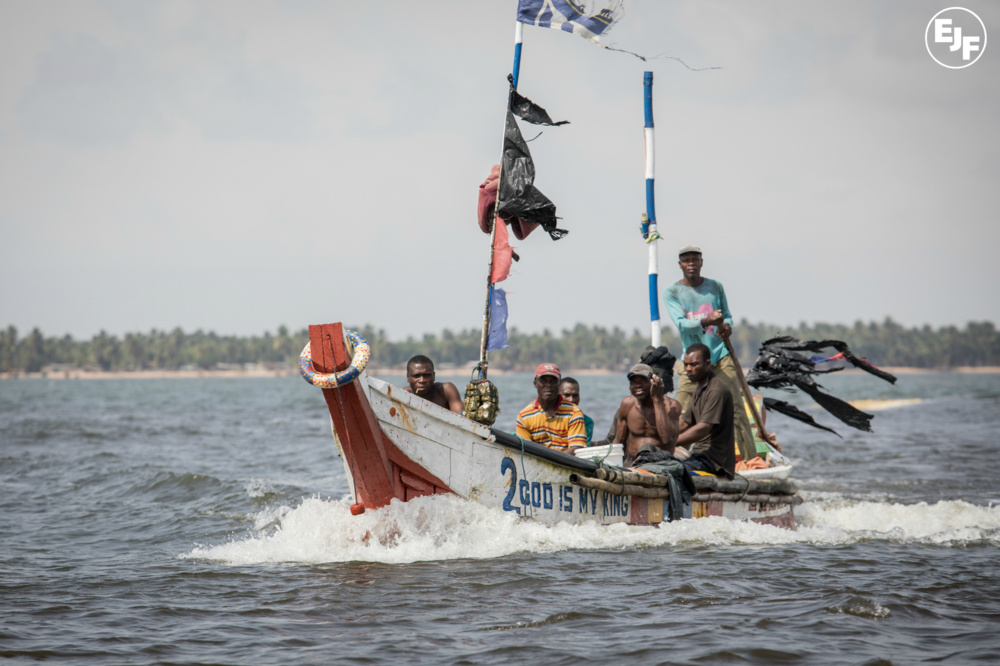
EJF in the field: Securing sustainable fisheries in Ghana
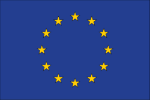
Project Funded by the European Union
For the past three years, EJF has worked to combat illegal ‘pirate’ fishing in Ghana’s waters and promote community participation in marine conservation and management of the resource that they depend upon.
Using our tried-and-tested method of building the local capacity of fishing communities to document illegal practices - combined with our remote satellite monitoring - we’ve been able to document and expose illicit activities in Ghana and across the West African coastline.
Fighting ‘pirate’ fishing is vital for Ghana.
The country’s fishing sector provides the economy with $1 billion every year, and employs over 2.5 million people. That’s 10% of the population.
Fish is also the primary source of protein for the majority of Ghanaian people. Over-exploitation of the country’s oceans is threatening food and economic crises.
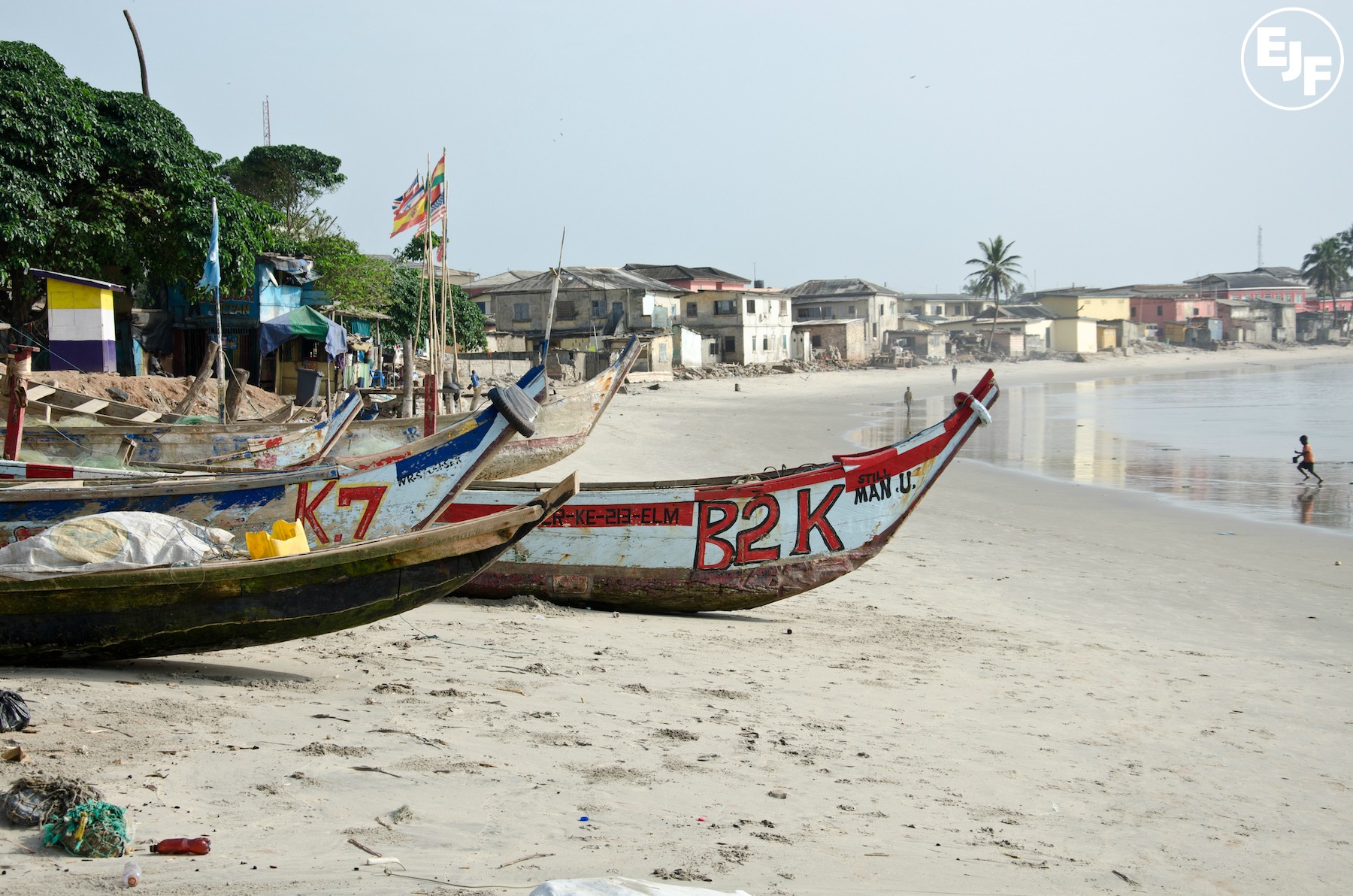
Historically, not enough has been done to end illegal fishing. In the absence of a robust legal framework and with little enforcement of those regulations that were in place, in 2013 Ghana received a formal warning under the European Union’s IUU (illegal, unreported and unregulated) Fishing Regulation.
The EU is the biggest seafood market in the world. Faced with potential sanctions on the imports of seafood into this market, the Ghanaian Government set in motion a number of reforms in its fishing sector, aligning its approach with international laws and good practice. In light of these changes, the EU’s formal warning was lifted. But there is still much to be done to make Ghana’s vital fisheries sustainable and to eradicate IUU fishing.
At EJF, we strongly believe that it is only with the full participation and involvement of local fishers that Ghana can hope to build truly sustainable fisheries. As the government moves to implement and enforce its new reforms, we have an exciting opportunity to embed that participation, working at the grassroots to build understanding of the need for better fisheries management and what local fishers can do to play their part.
With the support of the European Union, EJF has just launched a three-year project to build that support and entrench legal, equitable and sustainable fisheries. In partnership with Ghanaian NGO Hen Mpoano we will be working to ensure local fishing communities have a seat at the table.
The first few weeks of the project have been an amazing introduction to the issues. I’ve spent much of my time in the Central Region - home to some of the country’s largest artisanal fishing communities and where EJF will be working for the next three years - learning more about the impact illegal fishing is having.
With around 9,900 boats the artisanal fishing sector catches 70% of the fish consumed by Ghanaians. It is the key source of income and food for millions of people.
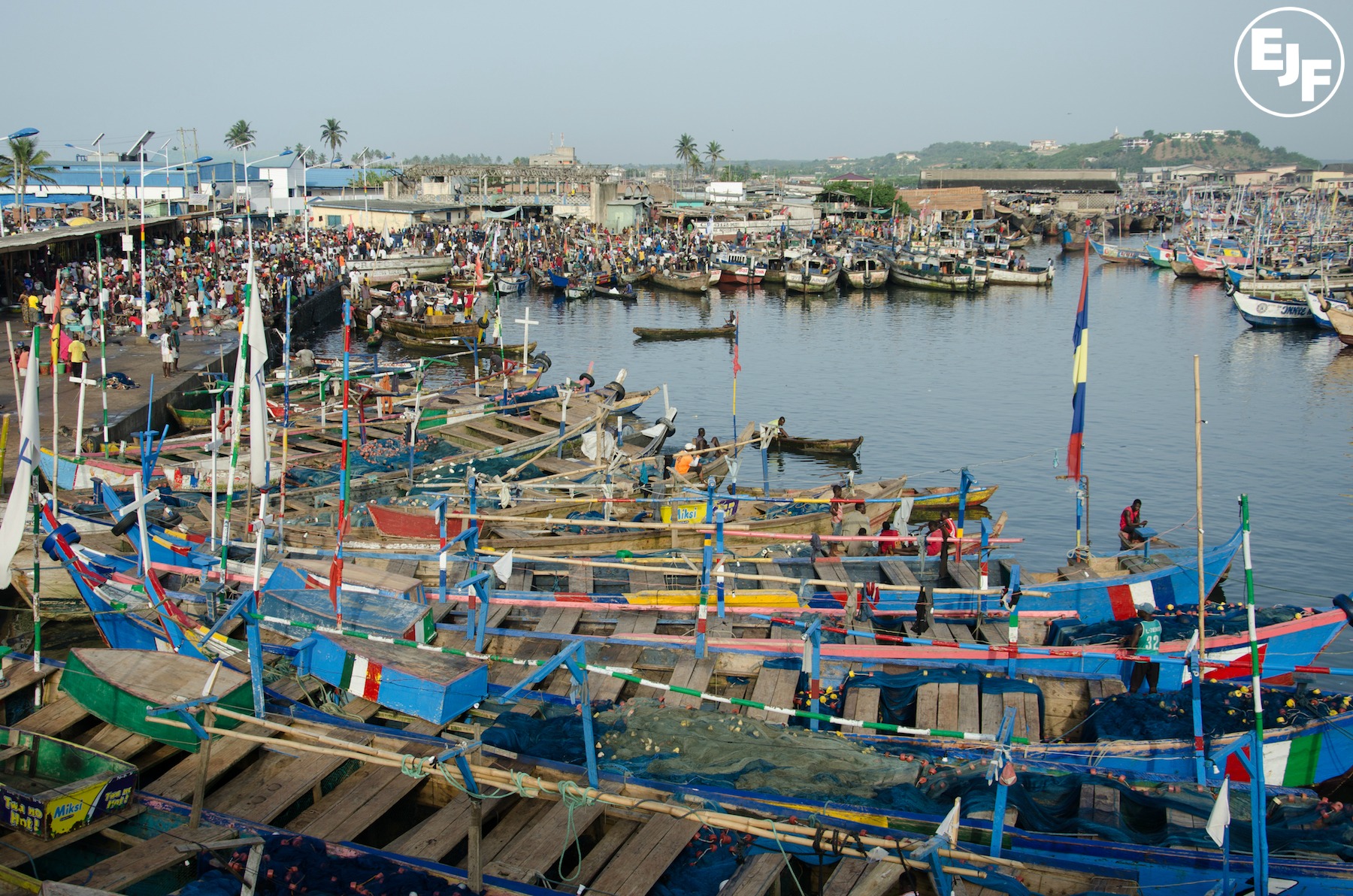
Not only this, but it is the cultural backbone of Ghana’s coastal communities. The whole community is involved in the fisheries sector, from fishermen to fish processors and traders, with women undertaking many central roles.
But this way of life is under threat.
Overcapacity across the whole of Ghana’s fishing industry, increased competition between industrial vessels and artisanal fishers, and increasing levels of ‘pirate’ fishing have left the country’s fish resources dwindling.
Many artisanal fishermen are being driven to illegal and unsustainable practices, to try and make ends meet in an increasingly competitive and difficult environment.
The challenge is huge.
The recovery of our oceans takes time, and for many small-scale fisherman, time is a luxury that they cannot afford: each day demands that they work hand-to-mouth to feed their families and make a meagre living.
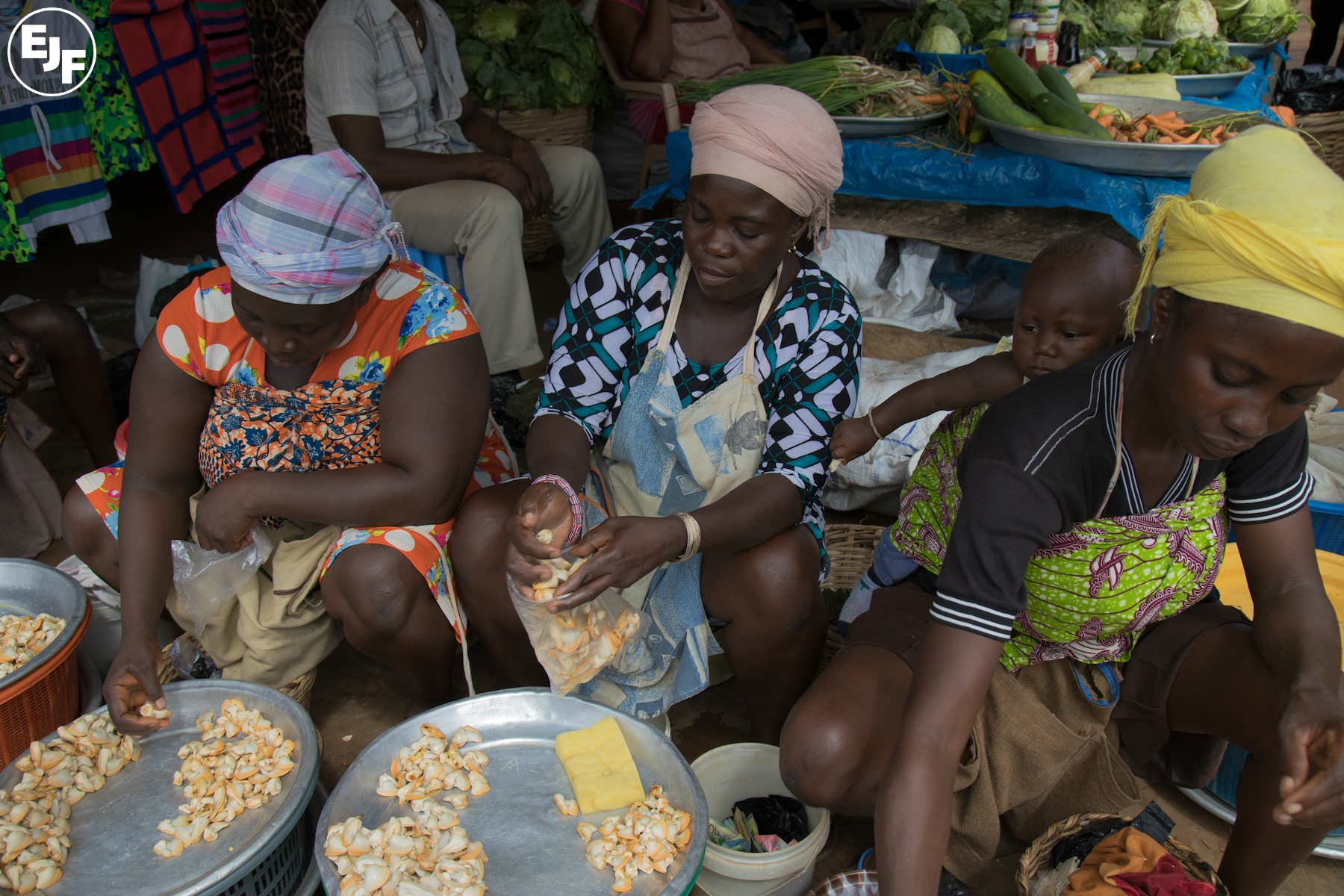
It’s vital that these communities have their voices heard, and their rights to co-manage their fisheries are protected. That’s why we’re working to bridge the gap between local communities and central government and ensure the twin pillars of environmental sustainability and social equity are upheld.
Meanwhile, by helping to identify and promote alternative livelihoods, we hope to help communities diversify their income, and take some of the pressure off fishing resources.
Managing Ghana’s fisheries is not just about the restoration of natural resources. It is about food security, economic development, and the preservation of a culture and of communities' right to their traditions.
The challenge is huge, but by working from the ground up, ensuring local communities have a voice, and securing buy-in at all levels of society, we believe we can help protect Ghana’s oceans for people and marine wildlife; now and for generations to come.
I hope you share our vision.
SIGN UP FOR OUR EMAILS AND STAY UP TO DATE WITH EJF